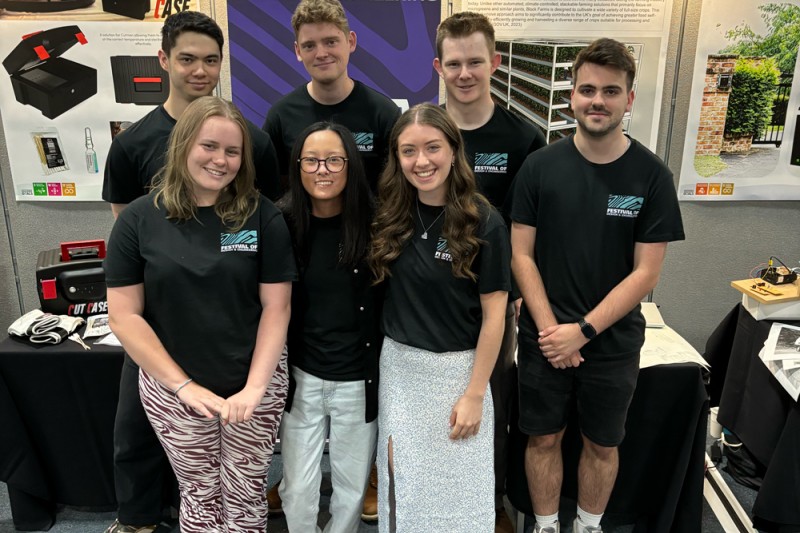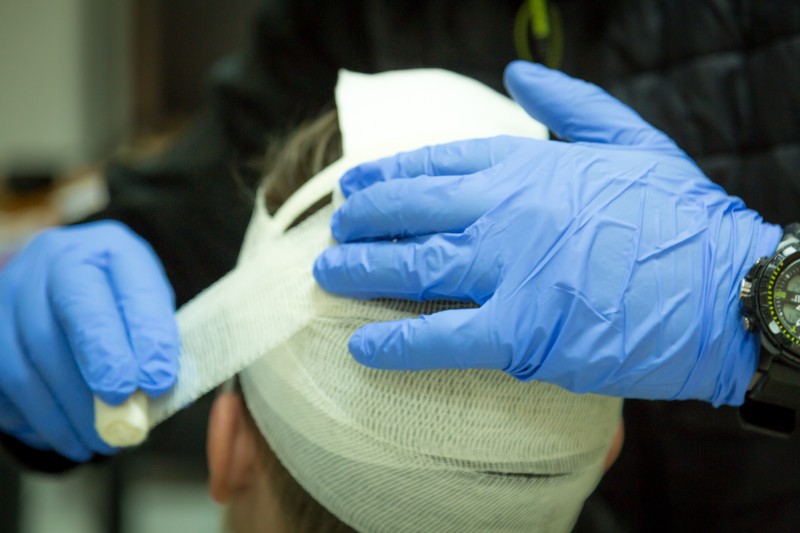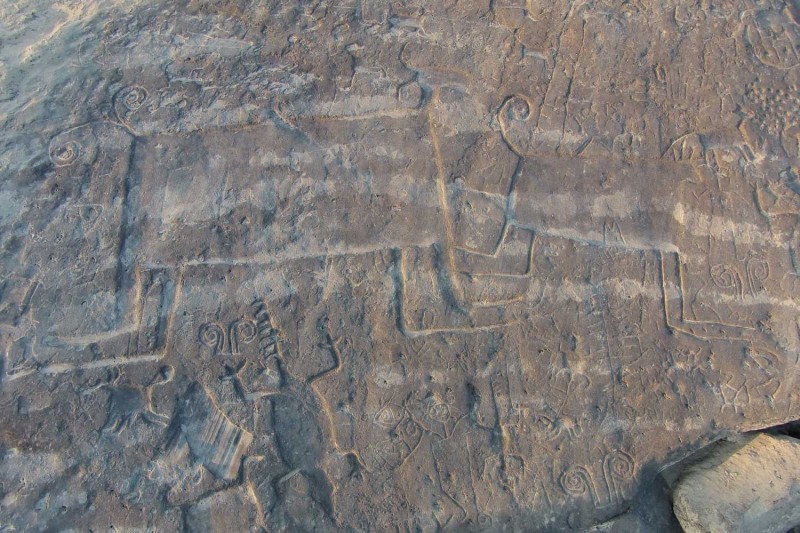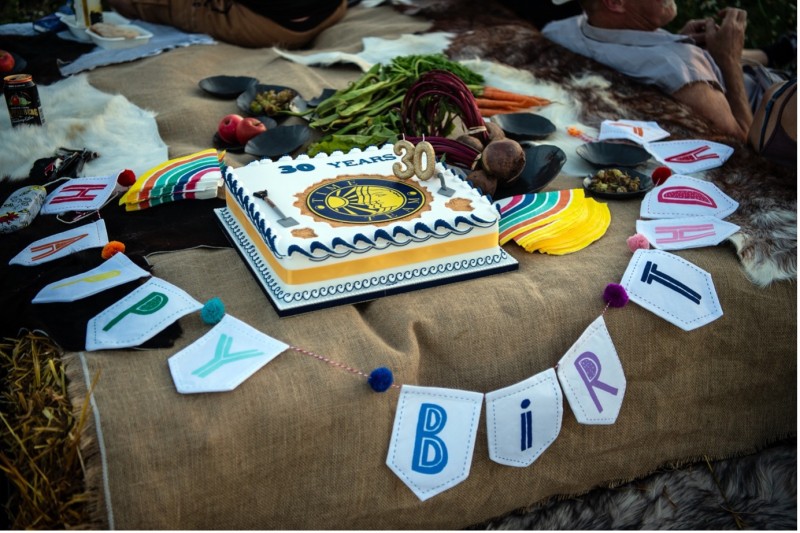A recent recipient of a prestigious United Nations Industrial Development Organisation (UNIDO) Fellowship has begun his PhD study at Bournemouth University, looking at the development of recyclable plastic materials for use in boats.
Abu Saifullah, from Bangladesh, was one of only five students to receive the UNIDO fellowship to study a Master’s program in the UK in 2012, and one of two to continue his studies to PhD level.
The UNIDO Better Education and Standards (BEST) Fellowship scheme for the textiles and garments sector in Bangladesh funded Abu’s Master’s Degree at the University of Bolton, UK.
He is now undertaking a PhD at Bournemouth University, in partnership with Longitude Engineering, looking at the development of fully recyclable roto-moulded thermoplastics in small marine leisure craft hulls to reduce the carbon footprint and the waste generated at end of life.
This would represent a significant improvement over current glass or carbon fibre composites hull structures, which are difficult to recycle.
Abu said: “I was very pleased and excited to receive the UNIDO Fellowship – it was a very competitive process and it gives me a huge platform.
“It is a global recognition that you are one of the fellows of the UN and they will look for us to all do something that leads to the betterment of Bangladesh and the world.”
Abu received his Fellowship trophy from John T. Smith, Long Term Adviser and International Co-ordinator for the Textiles and Garments UNIDO BEST Program in Bangladesh, during a presentation at Bournemouth University,
The event was hosted by BU’s Pro Vice-Chancellor (Global Engagement) Dr Sonal Minocha, and attended by Abu’s PhD supervisor Dr Ben Thomas and BU Partnership and International Development Manager Dr Alastair Morrison.
Abu said: “I am loving doing my PhD at BU so far – the working environment is great and there is a diverse graduate community.”
He added that he is interested in working to expand and diversify the production of textile and plastic materials for use in technical applications throughout Bangladesh.
He said: “In Bangladesh, the textile industry is earning a lot, but is only focusing on the traditional clothing sectors. There is a great opportunity to develop the production of more technical products.”



